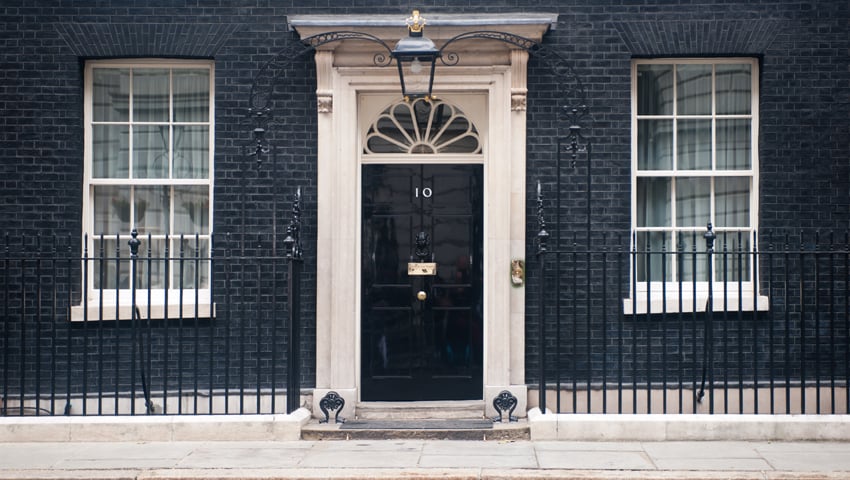A Food Summit, promised by Prime Minister, Rishi Sunak, last year, is to take place next week in Downing Street. Civil society representatives however are furious not to have been included in the discussions.
Farmers and food businesses will attend the meeting on 16th May, but there will be no representation from environmental, health, citizen and farm animal welfare organisations.
Vicki Hird, Head of Sustainable Farming at Sustain, spoke to 8.9ha TV News. She said “Society doesn’t seem to have a place at the summit so far, and yet so many of these food issues are critical for society, for health, for the environment and for enterprise.
“We all eat three times a day, so we all have a stake in our food system, but what you need there is people who really understand the implications of what’s happening – so for example public health experts, consumer experts, those looking at animal welfare and zoonoses, those concerned with resilience and environmental sustainability so that we can continue to feed ourselves in the future. Absolutely critical to have those kinds of organisations in the room – as well as farmers – small and large.”
Sue Pritchard, Chief Executive of the Food, Farming & Countryside Commission, is also concerned. She said “[The food system] has become increasingly financialised, generating huge profits for some, whilst passing off the real cost of their operations onto the public purse. This is a massive public interest issue, and citizens perspectives should be reflected in the discussion.”
Farmers’ leaders however have welcomed the summit.
Minette Batters, president of the National Farmers’ Union said that she was “really pleased” to have been invited. She said “There are so many opportunities for growth in many of our sectors.”
Ms Batters will emphasise the importance of procurement, pointing out that food purchasing by the UK’s military, schools and hospitals is worth around £4bn annually. She said “The Prime Minister himself committed to 50% of procurement being British.”
Although supermarket shelves are usually full and food is generally available in Britain, Sue Pritchard sees a food system under pressure.
She said “Many farmers are struggling to see a viable future, food producers and growers are shutting up shop, food inflation is running at 19%, food bank use continues to rise from its already high levels. This is why it is essential that experts who can speak for the public’s interests and public value (along with those who will speak for their members, or their shareholder interests) have places at the table.”
Minette Batters also sees challenges in Britain’s food system. “The past 18 months have been a stark reminder of how vulnerable the nation’s food security is. It has been a wake-up call for the importance of a secure domestic supply of food, and it is vital that the summit delivers actions, not just words.
She said, “Confidence is almost at a record low – most of that has been driven by the lack of certainty as to what the policy framework is going to look like on top of all the challenges of cost inflation.”
While the NFU will be present to make their case at the Food Summit, Sustain and other civil society groups will not.
Vicki Hird from Sustain said that the government needs to “Get real about farming – it can’t be left to the market – we need fair dealing regulations and we need investment in routes to market so farmers can do what they need to do on farm to be resilient for the future and so that consumers can get great, healthy food.”
